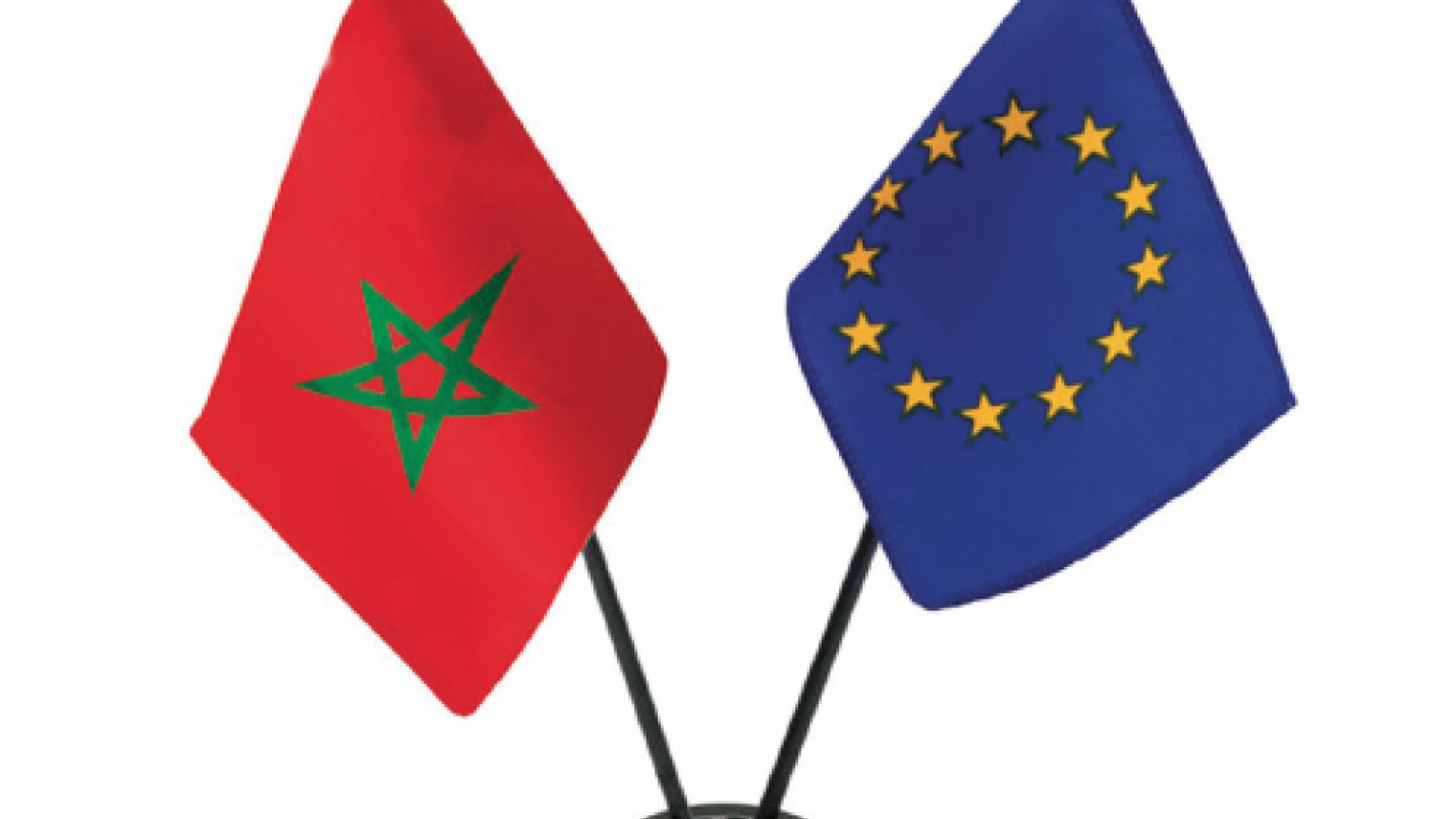European Union (EU) financial aid for Morocco for the year 2014 to 2018, provided limited added value and ability to support reforms in the country, according to a new report from the European Court of Auditors (ECA).
The auditors said that the European Commission addressed the needs identified in national and EU strategies, but it spread the funding across too many areas, which may have weakened its impact.
The auditors also found the Commission’s management of budget support programmes for Morocco being affected by weaknesses in the way they were designed, implemented and monitored and also in the assessment of results.
Also Read: European Union out to get more Kenyans study abroad
The European Union is Morocco’s biggest donor of development aid. For the period between 2014-2020, the Commission programmed €1.4 billion of aid, mainly for the three priority sectors the rule of law, social services and sustainable growth.
By the end of 2018, the European Union had concluded contracts for €562 million and made payments of almost €206 million under its budget support instrument. The support instrument budget makes up 75 % European Union of annual spending for the country and is aimed at promoting reforms and sustainable development goals.
From three priority sectors the Commission had defined, the auditors found, however, that they consisted of 13 sub-sectors, with many of them ending up as stand-alone sectors. The auditors warned that such a broad definition of eligible areas covering a large number of sectors reduces the potential impact of EU support.
Also Read: EAC gets EU funding to boost security sector
They also pointed out that the Commission had not allocated funding to sectoral programmes using a transparent method and coordination of donors among the sectors was uneven.
The programmes are currently still ongoing, but with no significant impact, as only less than half of their targets had been achieved by the end of 2018. Furthermore, a number of these targets were not ambitious enough to support reforms that are meaningful, since some had already been met or were almost being achieved by the time the financing agreements were signed.
The auditors also found that rigorous controls on assessing results were lacking and with payments sometimes being made when targets had not been achieved and even when the situation actually deteriorated.
